В километре на север от площади Имама Хомейни – центра Доброго города Хамадан – сохранилась его древнейшая часть – городище Экбатана. Ведущая сюда улица так же и называется – улица Экбатана. Площадь городища более квадратного километра, а глубина культурного слоя превышает 30 метров. Три тысячелетия назад на этом месте шумел и процветал богатый город – столица Великой Мидии – могущественного государства Древнего Мира.

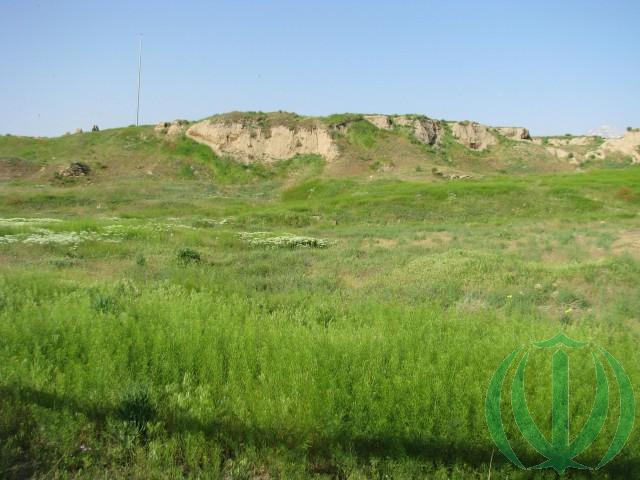
Городище Экбатана является важным историко-археологическим памятником Ирана, имеющим государственное значение. Поэтому, оно находится под охраной и здесь ведутся научные изыскания. В 1983-1984 и 1995 годах на городище работала археологическая экспедиция под руководством известного иранского археолога, доктора Мохаммада Рахима Сараафа.

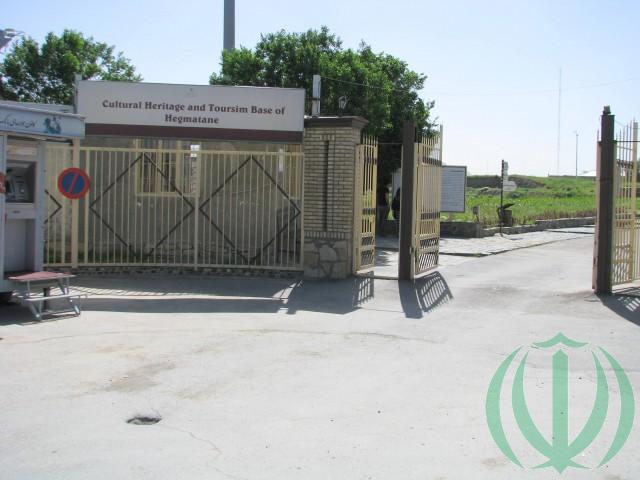
При архелогических раскопках были найдены многочисленные предметы давно отшумевшей жизни – всевозможные сосуды, включая серебряные, фигурки богов, людей и животных, орудия ремесла и бытовые вещи горожан. Исследователи увидели древние улицы, дома и комнаты в них. Наиболее ценные находки собраны здесь же в интересном музее и с ними сегодня может познакомиться каждый любознательный турист. Городище Экбатана носит официальное название “Памятник культуры и туристический объект Экбатана”, а билет на его посещение стоит 200.000 реалов (4,8 евро).
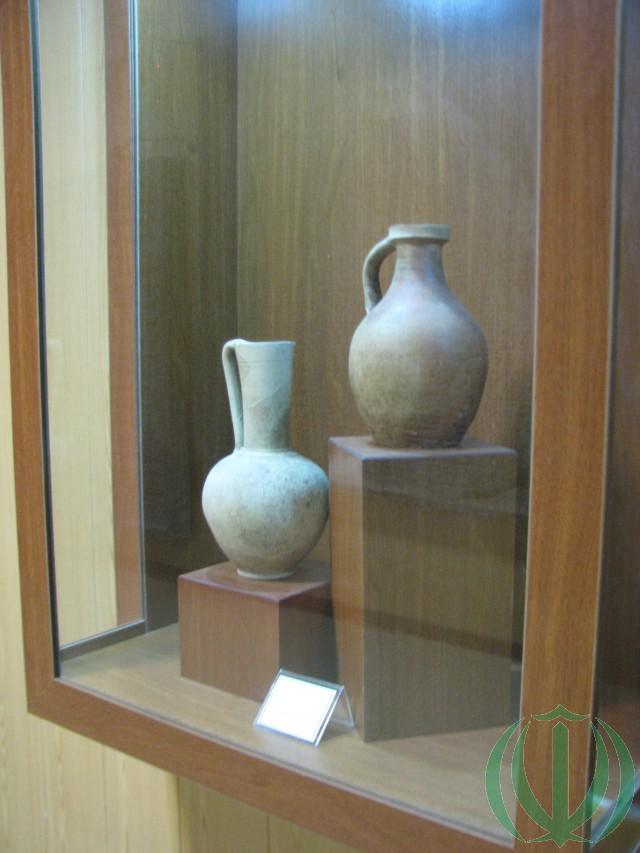

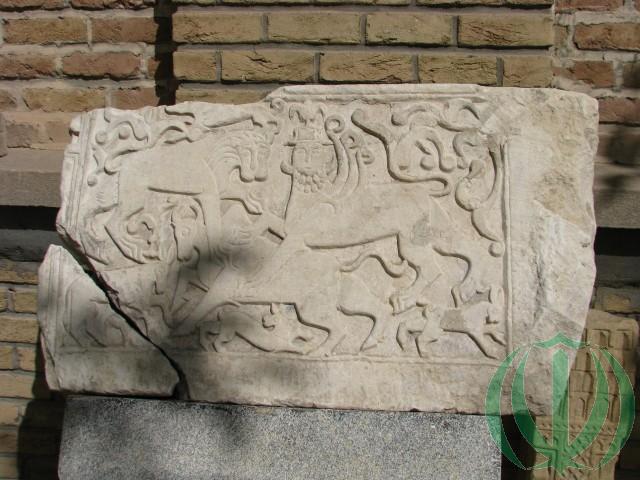

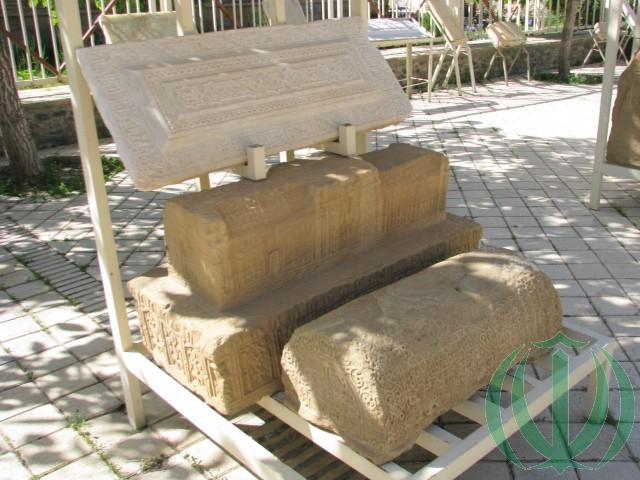
На месте раскопок был возведён навес, который предохраняет остатки древних строений от дождя и снега, позволяя знакомится с ними в любое время года. Иранцы, какой бы из многих народов страны они не представляли, и где бы не жили, гордятся своей общей историей и хорошо её знают. Здесь в школьную программу входит обязательное посещение музеев и других памятников истории и культуры Великой Арийской цивилизации.
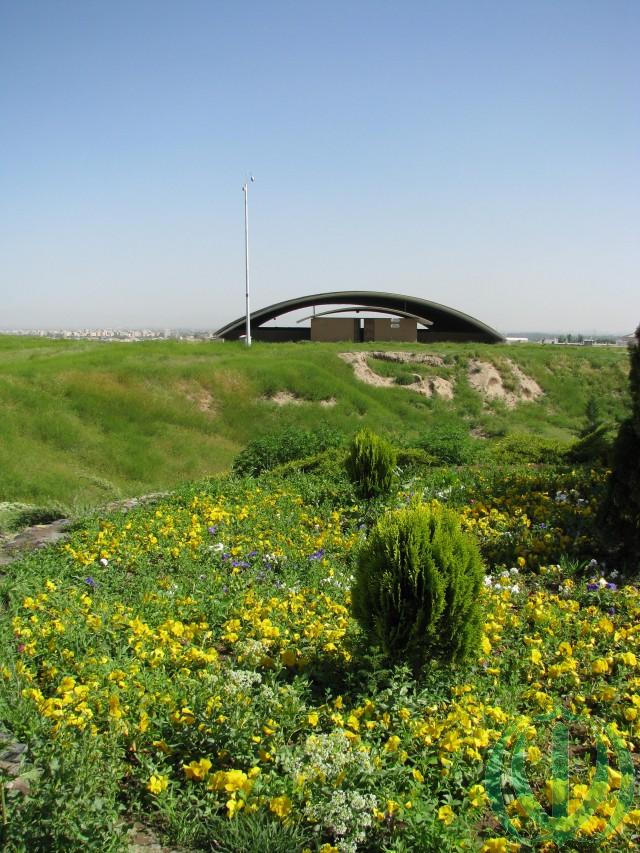
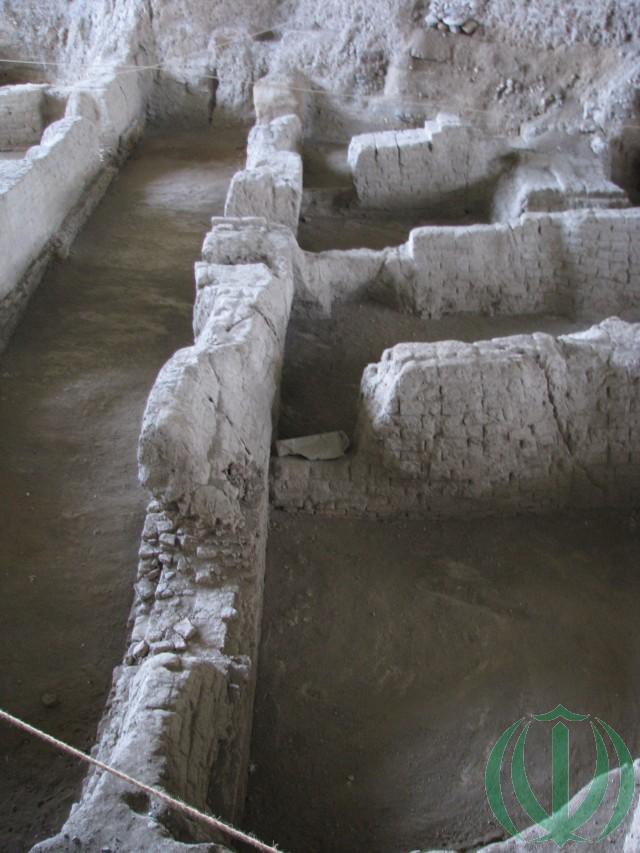
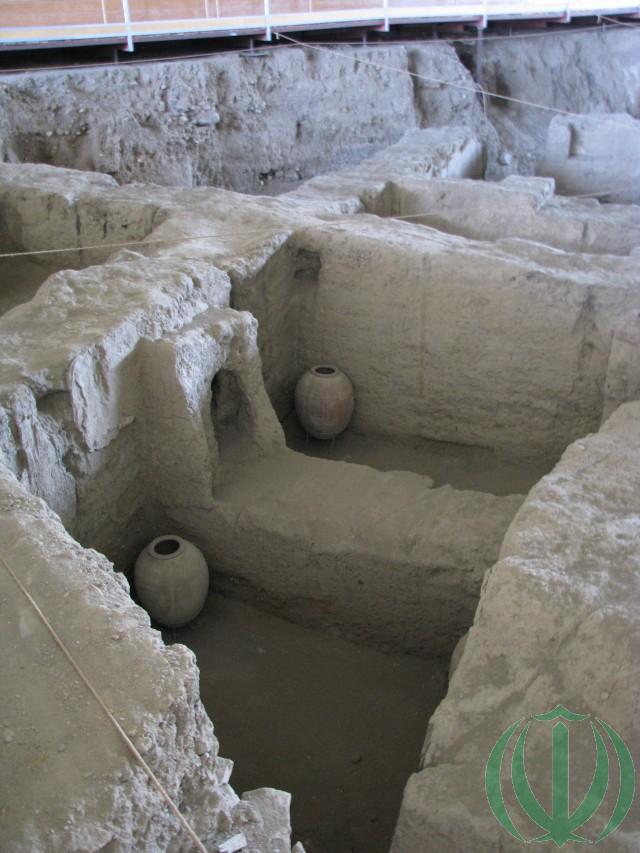
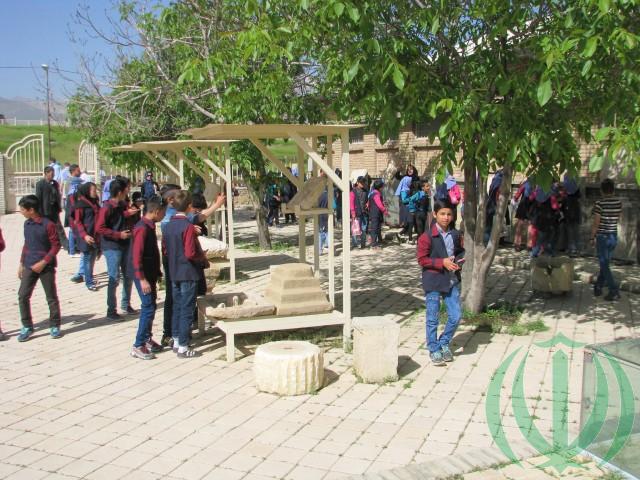
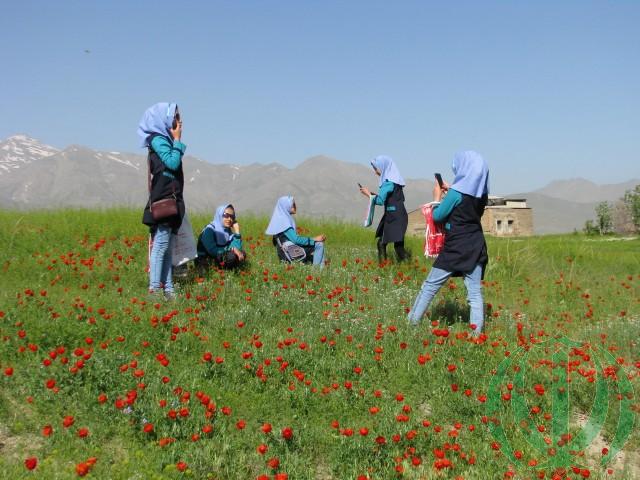
Музыка Прекрасного Ирана
https://www.youtube.com/watch?v=iLTSnteVdbQ
Red poppies of Ekbatan
A kilometre north of Imam Khomeini Square – the centre of the Good City of Hamadan – its oldest part is preserved – the ancient settlement of Ekbatan. The street leading here is also called – Ekbatana street. The area of the settlement is more than a square kilometre, and the depth of the cultural layer exceeds 30 meters. Three thousand years ago in this place, the rich city – the capital of the Great Media – the powerful state of the Ancient World – rustled and flourished.
The ancient settlement of Ekbatan is an important historical and archaeological monument of Iran, which is of national importance. Therefore, it is under protection and scientific research is conducted here. In 1983-1984 and 1995, an ancient archaeological expedition led by a well-known Iranian archaeologist, Dr Mohammad Rahim Saraf, worked on the site of the fortress.
During the archaeological excavations, numerous objects of long-life noisy life were found-all kinds of vessels, including silver, figures of gods, people and animals, craft tools and household things of townspeople. Researchers saw ancient streets, houses and rooms in them. The most valuable finds are collected here in an interesting museum and every curious tourist can get to know them today. The mound of Ecbatana is officially called “Monument of Culture and tourist site of Ecbatana”, and the ticket for his visit costs 200,000 reais (4.8 euros).
On the site of the excavation, a canopy was built, which protects the remains of ancient buildings from rain and snow, allowing them to get acquainted with them at any time of the year. Iranians, no matter how many of the peoples of the country they represent, and wherever they live, are proud of their common history and are well aware of it. Here, the school program includes compulsory visits to museums and other monuments of history and culture of the Great Aryan civilization.
Music of Beautiful Iran
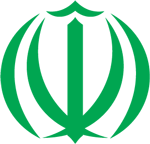

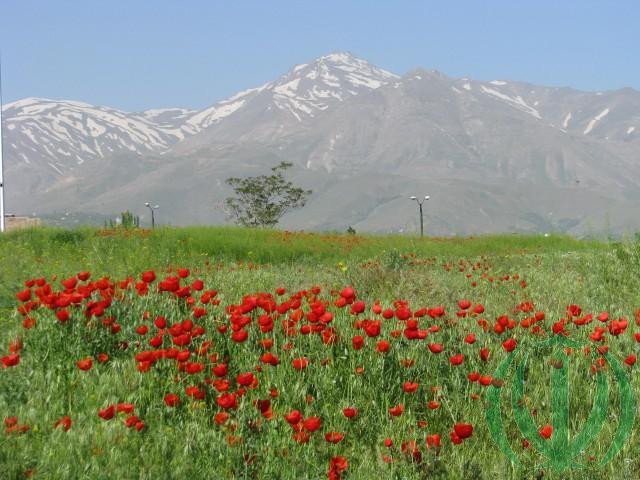
0 Comments